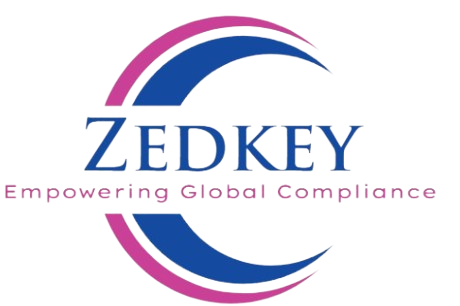The Drug and Related Product Labelling Regulations, 2021, introduced by Nigeria’s National Agency for Food and Drug Administration and Control (NAFDAC), lay down the rules for the labeling of drugs and related products. These regulations aim to ensure that all drug products in Nigeria are labeled clearly, accurately, and in line with safety standards. Here’s an easy breakdown of the key points:
1. Who Do These Regulations Apply To?
These rules cover all drugs and related products that are manufactured, imported, exported, sold, or used in Nigeria. If a company is involved in making or distributing drugs in the country, they need to comply with these guidelines.
2. Clear Labeling is a Must!
All drugs must be labeled properly. That means:
- Legibility: The text must be easy to read, with an adequate font size and contrasting background.
- Language: Labels must be in English (though other languages may also be included).
- Accuracy: Information on labels must be correct and not misleading.
- Placement: All required details must be in prominent areas, ensuring nothing important is hidden.
3. Brand Name and Generic Name
Drugs often have two names: a brand name (proprietary) and a generic name (common name). The regulations state that:
- Both names should be displayed on the packaging, with the generic name being just as visible as the brand name.
- The generic name should be placed directly under the brand name.
- If a drug has multiple active ingredients, the names of all ingredients must appear on the main label.
4. Key Information on the Label
- Manufacturer’s Details: The name, address, and location of the manufacturer must be clearly shown.
- Registration Number: All drugs must display the NAFDAC registration number, showing they are approved.
- Net Content: The label must state the exact amount of the drug inside (whether in terms of weight, volume, or number of pills/capsules).
5. Special Safety Requirements
- Warnings for Children: All drugs should include a statement like: “Keep this medicine out of reach of children.”
- Expiration Dates: Labels must include expiration dates based on proper stability testing, as well as the batch or lot number.
- Package Inserts: Prescription drugs should come with detailed package inserts that explain how to use the drug safely.
6. Drugs for Special Cases
- Pediatric Liquid Drugs: These must come with a measuring device (e.g., a spoon or cup) to ensure proper dosage.
- Parenteral Drugs (Injections): These should include specific information like dosage, administration route, and storage conditions.
7. Offences and Penalties
If a company or individual breaks these rules, they can face severe consequences:
- Individuals may be fined up to N800,000 or face imprisonment of up to 1 year.
- Companies could be fined up to N5,000,000.
- Convicted offenders may forfeit assets obtained through illegal activities related to these regulations.
8. Revocation of Old Regulations
These new regulations replace the Drug Labelling Regulations, 2005, ensuring that Nigeria’s labeling standards are up-to-date with modern practices.

